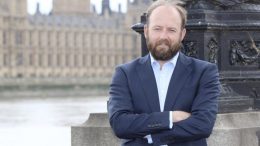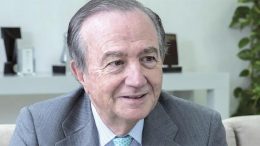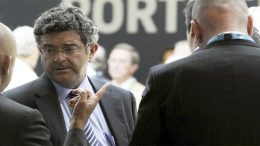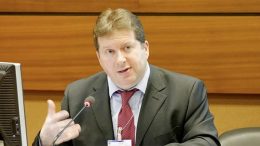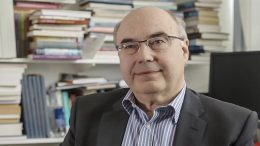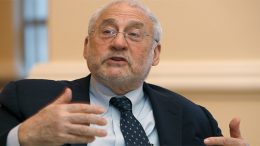“We Have To Leave Economic And Cultural Ultraliberalism Behind. There Is Real Scepticism About These Policies”
Tristan de Bourbon | His book ‘Remaking One Nation’ was launched on the first day of the British lockdown, March 23rd. An ideal moment to talk about the many challenges facing the Conservatives, his own party. Nick Timothy, former advisor to Theresa May, is an atypical figure. In the book, he tackles the cultural gap between politicians and the majority of the population. Also the need to recreate a common identity in a socially and ethnically diverse country, which he considers devastated by “ultraliberalism.”

